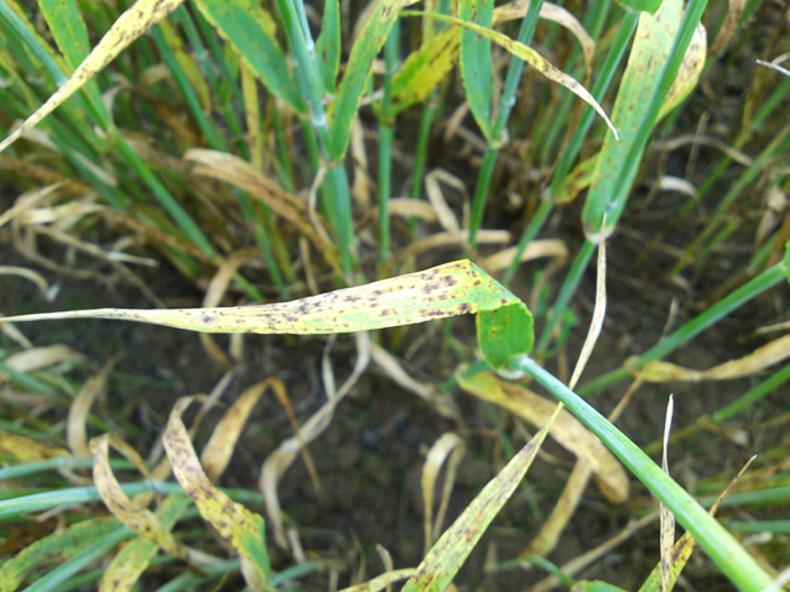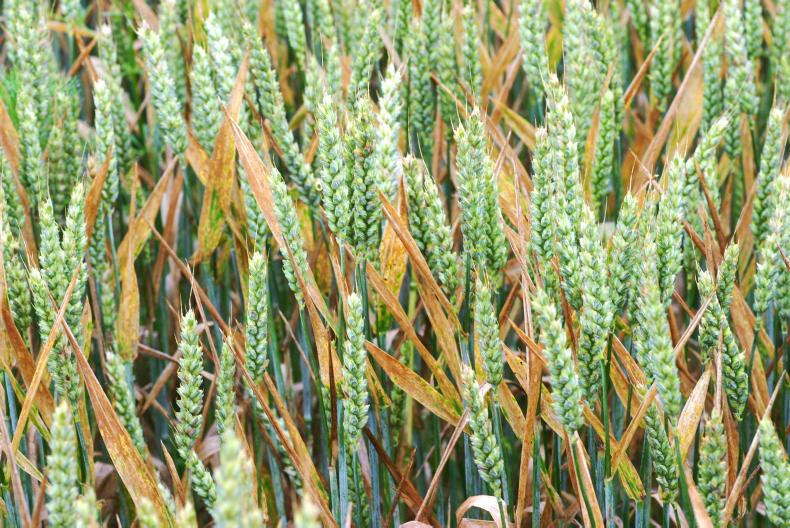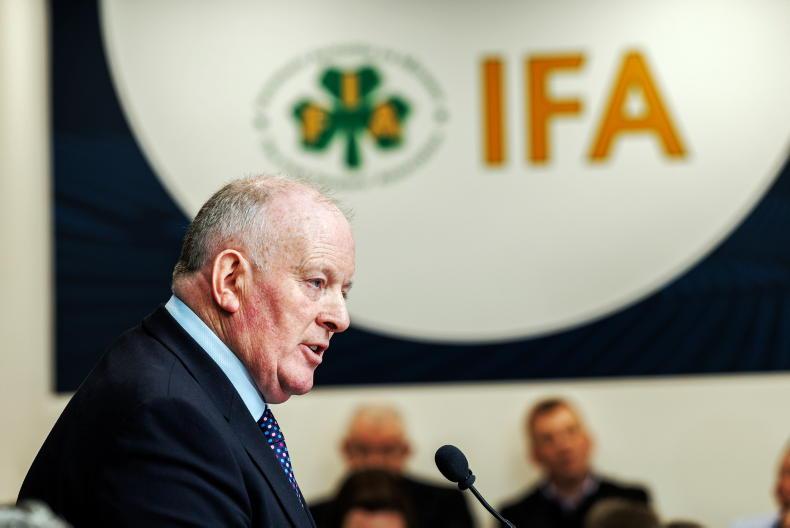The hopes of chlorothalonil being re-licensed by the EU hinge on a report being prepared by experts across Europe. The licence expires at the end of this month.
Teagasc’s report, detailed in last week’s Irish Farmers Journal, has stressed the importance of chlorothalonil to the viability of the Irish tillage sector.
In a written response on the subject, the Minister said: “My department is acutely aware of the importance of chlorothalonil to the cereal-producing sector in Ireland, not only as a primary disease control tool, but more crucially as a resistance management tool, protecting other chemical families from the development of pathogen resistance”.
This ability of chlorotahlonil is seen as very important in lengthening the effectiveness of the crucial SDHI group of fungicides.
“A key issue is the change in the classification for carcinogenicity proposed by the European Food Safety Authority,” the Minister stated.
The Committee for Risk Assessment of the European Chemical Agency will decide on the appropriate classification, once a “technical peer review consultation” being held with experts in member states has been completed. This is expected to be ready by the end of the year.
Should chlorothalonil have its licence renewal refused, there would likely be a phased withdrawal, but an outright ban from sometime in 2020 would be inevitable.
Derogation
One option is for Ireland to request a regional derogation for continued use of the product for an interim period due to its importance. The chemcial is of more importance in Ireland and the UK than elsewhere in the EU. The prospect of Ireland having the UK as an ally should they look for a derogation will be compromised by Britain’s planned withdrawal from the EU in early 2019.
IGG chair Bobby Miller stressed the importance to growers of chlorothalonil for Irish cereal and bean growers, and pointed to the Teagasc report’s findings.
IFA grain chair Mark Browne said: “It’s one of the best chemicals for effectiveness and value for money in cereals.”










SHARING OPTIONS